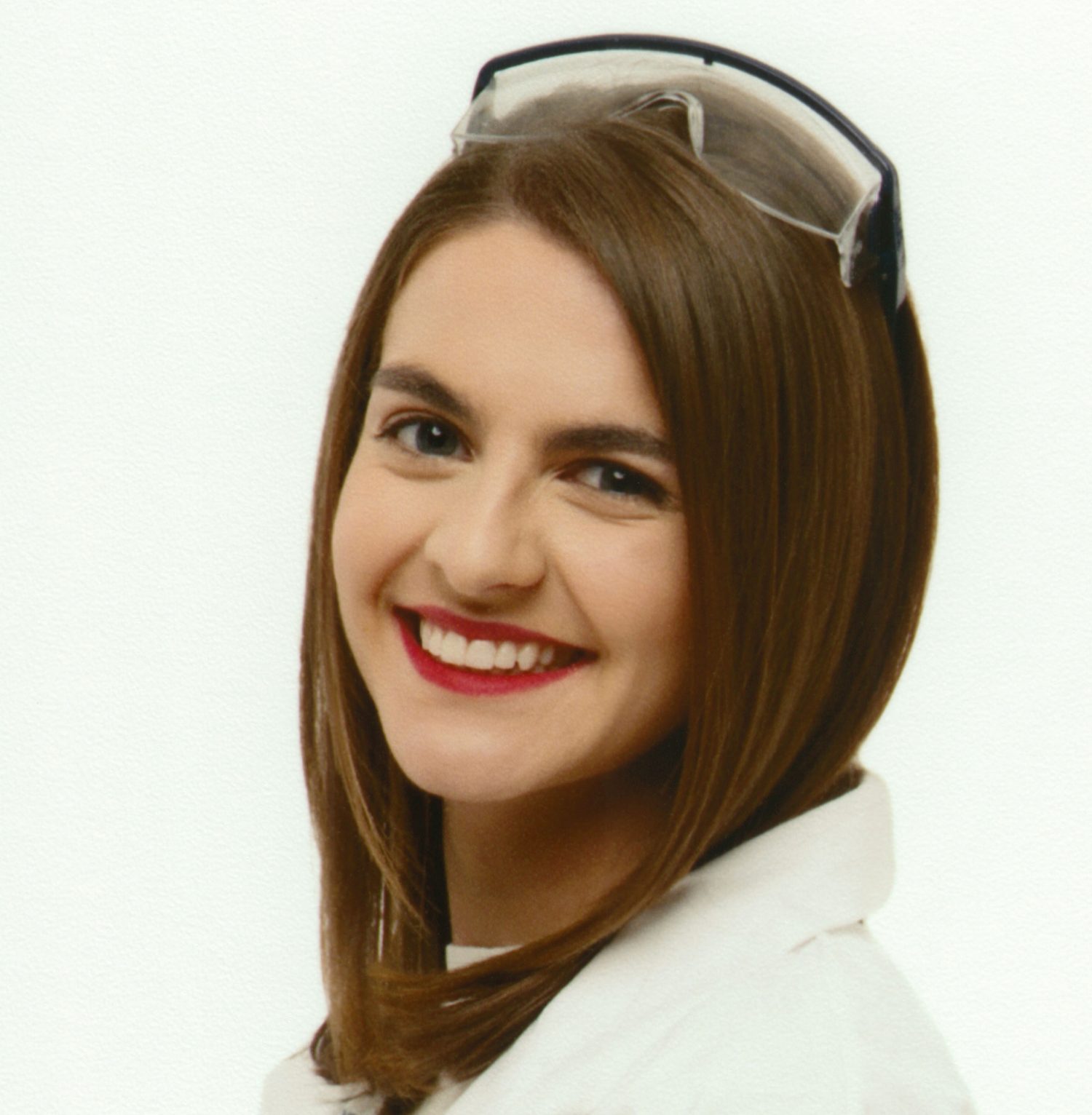Education is not the learning of facts, but the training of the mind to think.
– Albert Einstein
I believe that the main goal of teaching is to foster learning in students through an intellectually, emotionally and socially supportive environment. I want to help students reach their fullest potential by creating a classroom environment that is safe, encourages independent critical thinking, and prepares students for life beyond the classroom. To establish this environment, there are three main goals that I desire to achieve as a science teacher:
- form positive relationships as a facilitator of knowledge and experiences,
- promote self-regulation skills to teach students to be accountable for their own learning, and
- foster critical thinking to develop students’ scientific literacy.
My role as a teacher is to facilitate learning rather than presenting knowledge. To create an environment where facilitation can occur, I believe that the teacher-student relationship must be present, positive and productive. To create meaningful relationships with students, I take an interest in my student’s lives – their family, interests, experiences, prior knowledge and learning styles. To maintain and develop positive relationships, I engage in social conversations with students during class time and provide compassionate support to students in need by being available before and after school. To ensure that the relationships are productive, I recognize my student’s interests, knowledge, and learning styles by tailoring my teaching to ensure their success and make the content relevant. When students feel accepted, respected and valued, they are more engaged and interested in learning. Positive productive relationships manage student behavior to optimize teacher-facilitated learning as students are engaged in the learning process.
To ensure student success, I promote self-regulation skills in my students through instruction during class, and in assessment feedback. By teaching students to be self-regulated learners, they become accountable for their learning process as they see value and meaning in what they are learning. Self-regulated learners are aware of their strengths and weaknesses, and can develop a plan on how to reach their goals; incorporating reflections into lessons and assessments help develop these important skills. Self-regulated learners are intrinsically motivated, which I foster by addressing the curriculum learning objectives to develop a curriculum that is meaningful and relevant to student interests. Students construct their knowledge through problem-based learning and collaboration with peers, driving students to be accountable for their learning as they are the creators of their education. I use formative assessment and guided feedback to ensure that students are self-aware of their strengths and weaknesses, and are motivated to improve and succeed. Overall, I hope to increase my student’s self-efficacy in the classroom so it can be transferred to life beyond the classroom.
The students of today are the problem solvers of our tomorrow. I believe that students need be scientifically literate to succeed in their everyday life, even if they are not inspired to pursue a career in science. My views on science literacy are best summarized by Neil deGrasse Tyson: “Part of what it is to be scientifically-literate, it’s not simply, ‘Do you know what DNA is? Or what the Big Bang is?’ That’s an aspect of science literacy. The biggest part of it is do you know how to think about information that’s presented in front of you”. While it is important for students to know content that is outlined in a curriculum, it is my duty to teach my students what to do with information they have learned and how to approach information that they receive in the future. I develop my student’s critical thinking skills through analyzing science articles in the media, deciphering poor quality from high quality media sources, and reflecting on science issues that are entangled with politics and economics to develop an informed opinion. I believe that having students collaborate on science-based issues that could affect everyone in the class will help create a strong classroom community where students could safely give their opinions and learn from their peers.
I am a science teacher because I have a passion for teaching science; its wonders, mysteries and opportunities to create and explore. I am passionate about inspiring students to be lifelong learners and adventurers; to use their education to set forth into the world and make a difference. As an educator, I surround myself with learning and exploration daily to ensure that my love of lifelong learning will never diminish, and to foster these same feelings in my students. As I am a lifelong learner, I will continue to seek out professional development opportunities to enhance my knowledge and understanding of application, and to constantly change my practice to best suit my students. I hope that through my enthusiasm for science and learning, I can help shape the future through my students. I model who I want my students to become: compassionate, resilient, and informed members of society who strive to make changes to better our future.
